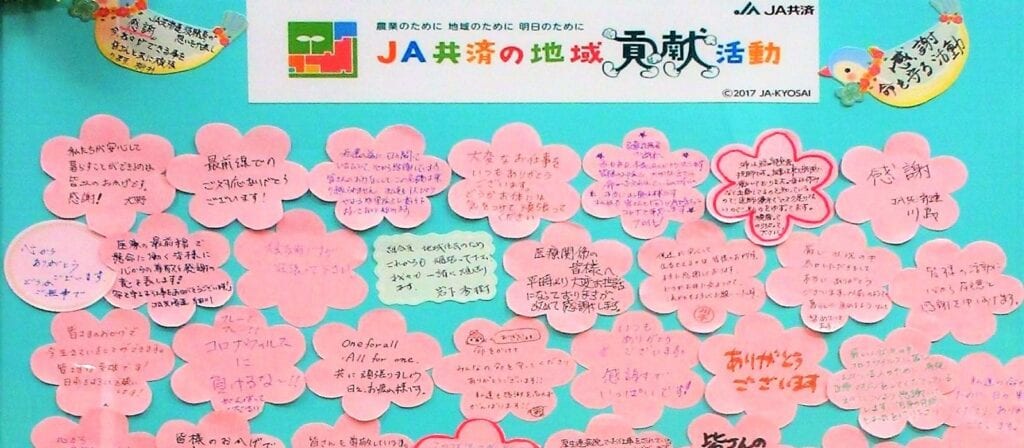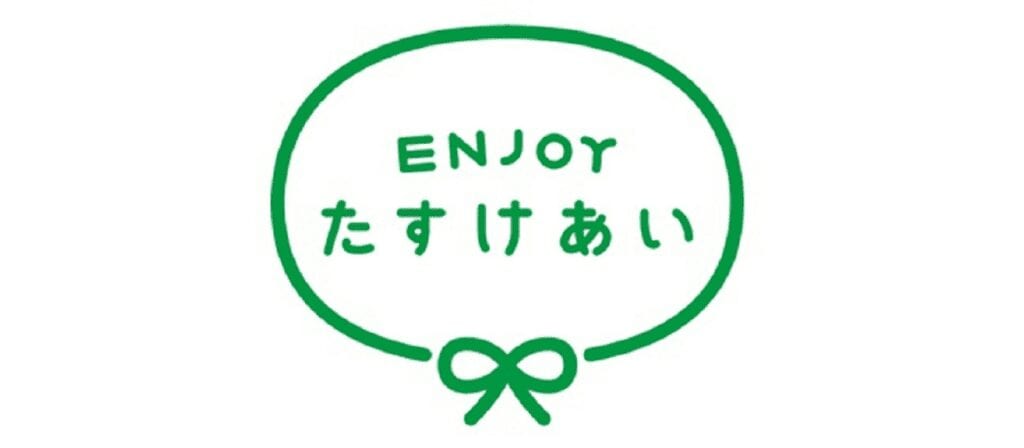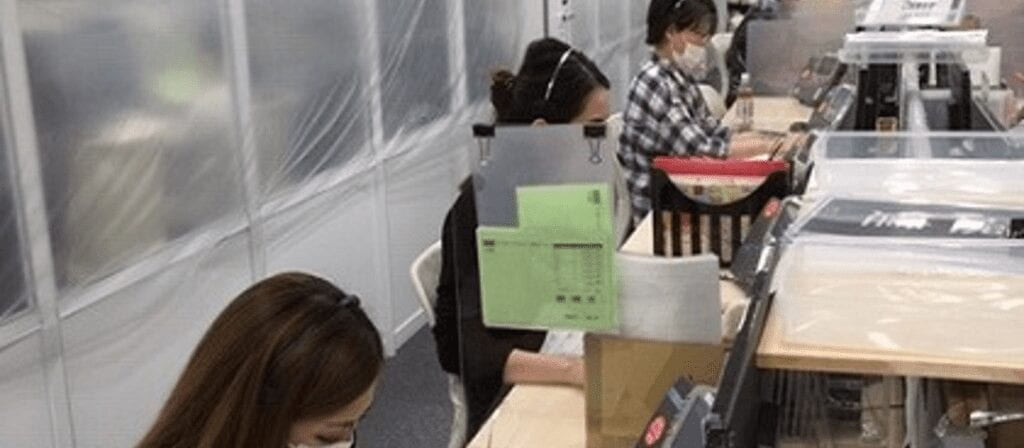The efforts of ICMIF members in response to the spread of the COVID-19 pandemic since 2020 have proved to be a source of great inspiration to a number of ICMIF member organisations in Japan for the way in which the various initiatives have highlighted the characteristics of mutuals and cooperatives as being organisations which typically help those in need.
Therefore, on 19 March 2021, Japanese ICMIF associate member, JCIA (Japan Cooperative Insurance Association Incorporated) and CCIJ (Consumer Co-operative Institute of Japan), held a joint online study session with the theme of “Learning about ICMIF members’ Covid-19 efforts,” with the aim of learning about various COVID-19 efforts and using them as a reference for future activities.
“In order to alleviate the anxiety felt by members and local residents about the spread of the new coronavirus infection, it is imperative that cooperatives and mutual aid organisations around the world unite their efforts in the spirit of mutual assistance and continue to reach out to society. I hope this workshop and study session will be helpful to you in your future endeavors,” was the opening address by Takahiro Shibuya, Senior Managing Director of JCIA.
CCIJ presented six types and characteristics of ICMIF members’ approaches to COVID-19: (1) expansion of insurance coverage and policyholder services, (2) profit rebates to policyholders, (3) donations, (4) support and donations for medical services, (5) support for member families and communities, and (6) investment in social bonds. The efforts of certain ICMIF members such as NTUC Income (Singapore), the DHAN Foundation (India) and PPS (South Africa) were discussed during the study group session as well as what the roles and expectations of mutual aid organisations in general might be in the wake of the pandemic.
ICMIF member Zenkyoren (National Mutual Insurance Federation of Agricultural Cooperatives) reported on the impact of the spread of the new coronavirus on its community contribution activities. These activities include the donation of masks to medical institutions and nursing care facilities and the release of a video on health promotion exercises for those who refrain from leaving their homes. These activities were shared with the study group under the theme of “Efforts of Japanese member organisations for COVID-19”.
Under the theme of “Kokumin Kyosai Co-op’s ‘TASUKEAI’ in COVID-19 Damages,” Japanese ICMIF member Kokumin Kyosai Co-op (National Federation of Workers and Consumers Kyosai Cooperatives) reported on the launch of a special website with videos of TASUKEAI that can be done by people now. These include the donation of masks to medical personnel, donations and fundraising based on the number of registered users of My Page; Kokumin Kyosai Co-op Group executives’ and employees’ donations; and publication of thank you letters to family and friends solicited via Twitter. TASUKEAI is based on the spirit of mutual support in the cooperative movement and it promotes the belief that everyone should work together to support each other against difficulties.
Under the theme of “Report on the CO-OP KYOSAI Medical Workers Support Project,” Japanese ICMIF member JCIF (Japan CO-OP Insurance Consumer’s Co-operative Federation) reported on donations to the HeW CO-OP Japan (Japanese Health and Welfare Co-operative Federation) based on the number of subscribers’ use of the Mutual Aid.
Shaun Tarbuck, Chief Executive of ICMIF, introduced ICMIF members’ leadership initiatives in response to Covid-19 including the deferment of premium payments; rebate of profits from auto and fire insurance to clients; donations for hospitals and research; and investment in social contribution bonds. He also reported on the support for the establishment of microinsurance in cooperation with the United Nations Development Programme, and the need for cooperatives and mutual aid organisations to show leadership on the issue of climate change, especially as the UN Climate Change Conference of the Parties (COP26) is scheduled to take place in Glasgow (UK) on 1 – 12 November 2021.
In response to these updates given to the study session, Professor Futoshi Okada, Nihon University College of Commerce, responded positively to ICMIF’s response to the Covid-19 pandemic and the Federation’s approach to the UN Sustainable Development Goals (SDGs). Professor Okada also responded positively to the update from Mr Tarbuck on the progress towards stakeholder capitalism instead of shareholder-first capitalism; seeing the corona disaster as a good opportunity to reset capitalism; ICMIF members’ signatures on the Task Force on Climate-related Financial Disclosure (TCFD), and issues facing the Co-op Mutual Aid Society regarding the SDGs.
Finally, Toshiaki Wada, President of JCIF, who is also a board member of the JCIA and CCIJ, said in his closing remarks: “In a pandemic that may or may not occur once in a century, what our sector’s activities have in common is ‘to be close to people in difficulty,’ which is in line with the seventh principle of the Cooperative Principles: involvement in local communities. As ICMIF is reaching out to the United Nations and the international community, we recognise the importance of our activities to increase our presence in society.”
After the study session, the following feedback was received from the participants of the study session.
- I was able to learn about the efforts of each organisation, and it gave me an opportunity to think about the efforts of cooperatives.
- I was able to recognise that there are growing expectations for the leadership of ICMIF member organisations to achieve the SDGs.
- I could relate to the fact that the importance of cooperatives and mutual aid is being reaffirmed worldwide.









